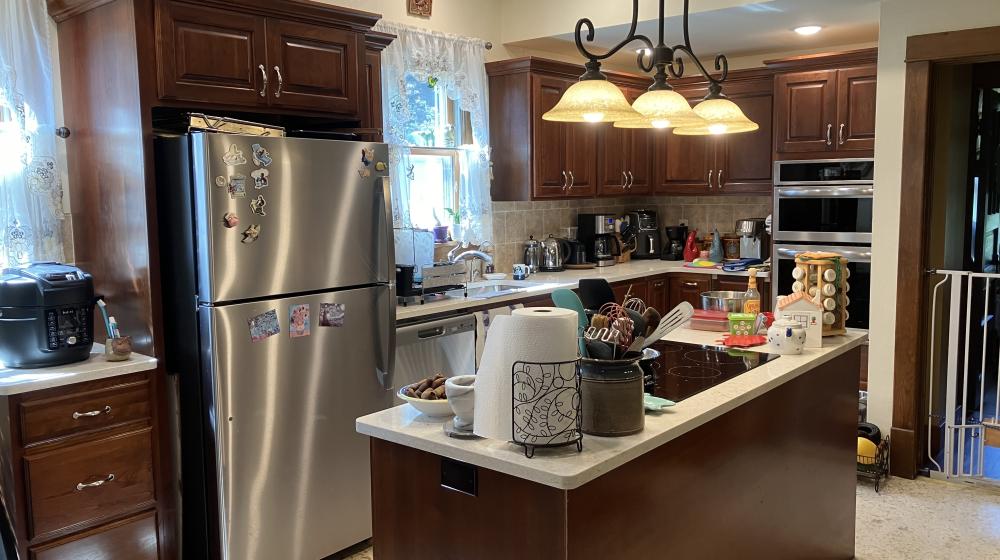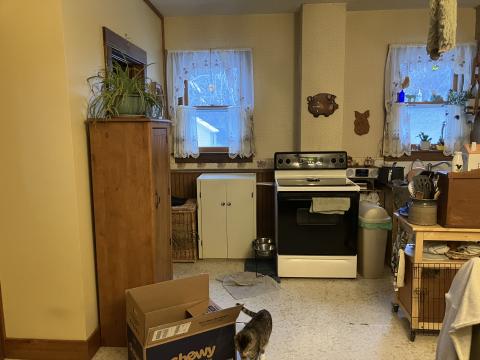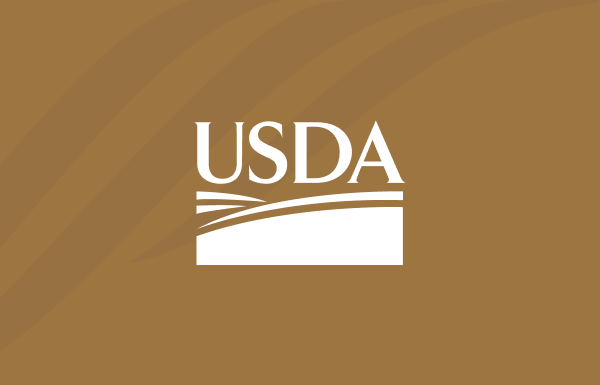
Meet Vicki Beckendorf, a longtime resident of Odin, Minnesota. In 1998, she and her husband fell in love with their charming farmhouse, built in 1912. Over the years, however, the house began to show its age, revealing a growing list of repairs and updates that needed attention.
Facing a series of challenges with owning an older home, Vicki identified a dire need to replace the roof, siding, and heating system. The crumbling chimney—once used for cooking—also required urgent repairs. However, the kitchen was the heart of the home, and it was in dire need of renovation. Vicki recalls crawling up on the countertops and putting her knee on top of the refrigerator just to access the cupboards.
"There were a couple of times that the door would open when I was kneeling on it, and I ended up falling a few times over the years. Being that I’m 64, I don’t want to be falling on things anymore,” Beckendorf said.

Beyond safety concerns, Vicki’s kitchen presented practical challenges. Without insulation on one kitchen wall, frost would accumulate in the cupboards during the winter months, leading to spoiled food and wasted groceries. Additionally, electrical wiring issues made daily tasks cumbersome.
“You were going to run the air fryer, or you were going to run the toaster. We could run maybe two things that generated heat at the same time; otherwise, we were going downstairs to get the circuit breakers flipped again,” Beckendorf said.
The renovation project was temporarily put on hold when Vicki lost her job during the COVID-19 pandemic. However, she pressed on with renewed determination and a new job as supply chain issues began to ease.
As the editor of her local newspaper, Vicki discovered USDA Rural Development’s Single Family Housing Section 504 Repair Loan and Grant program through informative emails and public service announcements. She learned that low-income individuals could qualify for funding at low-interest rates, alongside a grant aimed at mitigating health hazards in their homes. Encouraged by the opportunities available to her and her neighbors, Vicki decided to take the plunge. After hearing about a pre-owned cabinetry business from a friend, she was able to find affordable renovation options that aligned with her sustainability values, ensuring that usable materials wouldn’t end up in landfills.
Vicki applied for the Section 504 Repair Loan and Grant combo, and her experience with the USDA loan process exceeded her expectations.
“I couldn’t be happier with the USDA loan process. I really appreciated how easy Brian was to work with and how he kept in contact with me when I asked questions. It required us to work through the solutions together,” she shared.
Brian Leyh, the loan specialist at USDA Rural Development who assisted Vicki, expressed his admiration for her determination.
“Working with Vicki and assisting her to modify and fix her home to establish more safety and sanitary conditions has been a pleasure. It's stories like Vicki's that remind us why we work so hard in RD to help people rebuild their homes and communities,” Leyh said.
Thanks to the Section 504 program, Vicki is now enjoying her safe and up-to-date kitchen. Her renovated space is functional and a reflection of her resilience and commitment to creating a safe environment for herself and her family. Vicki’s journey illustrates the impact of community support and accessible funding options, inspiring others to explore their possibilities.
“People don’t like to talk too much and bring other people inside their homes, but this goes beyond just a comfort level. I was more than willing to share because there are more people like me, I know it,” Beckendorf said.

